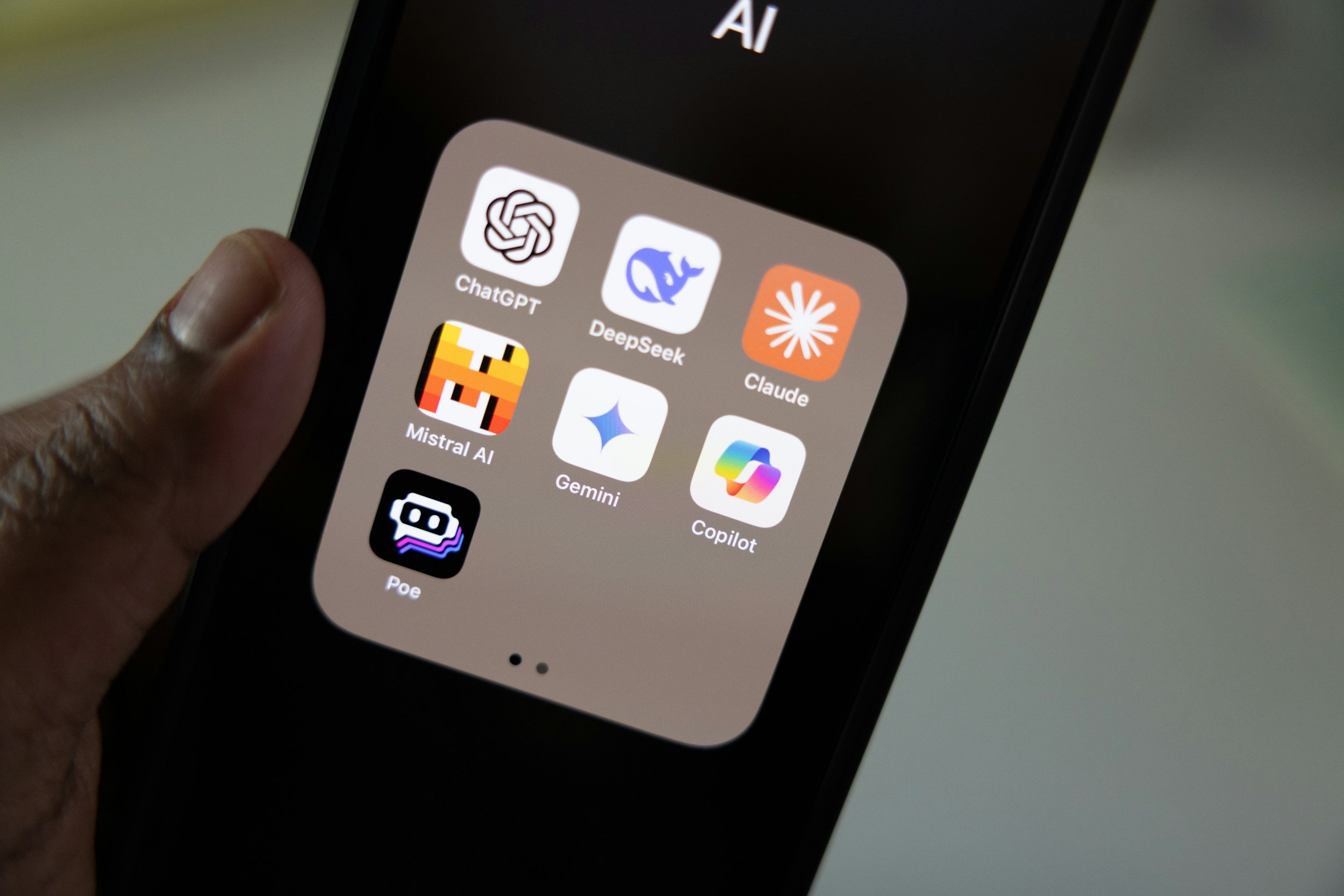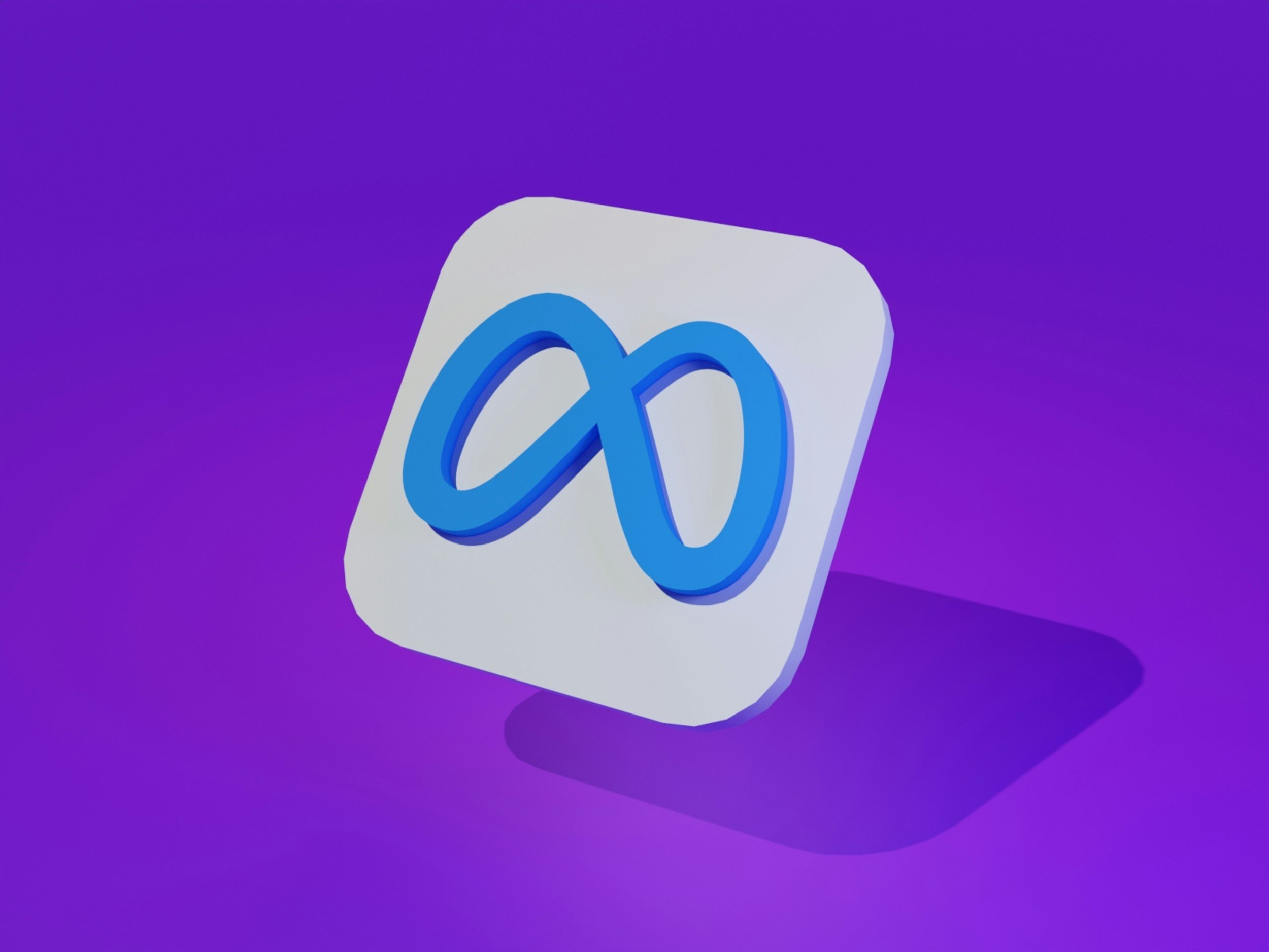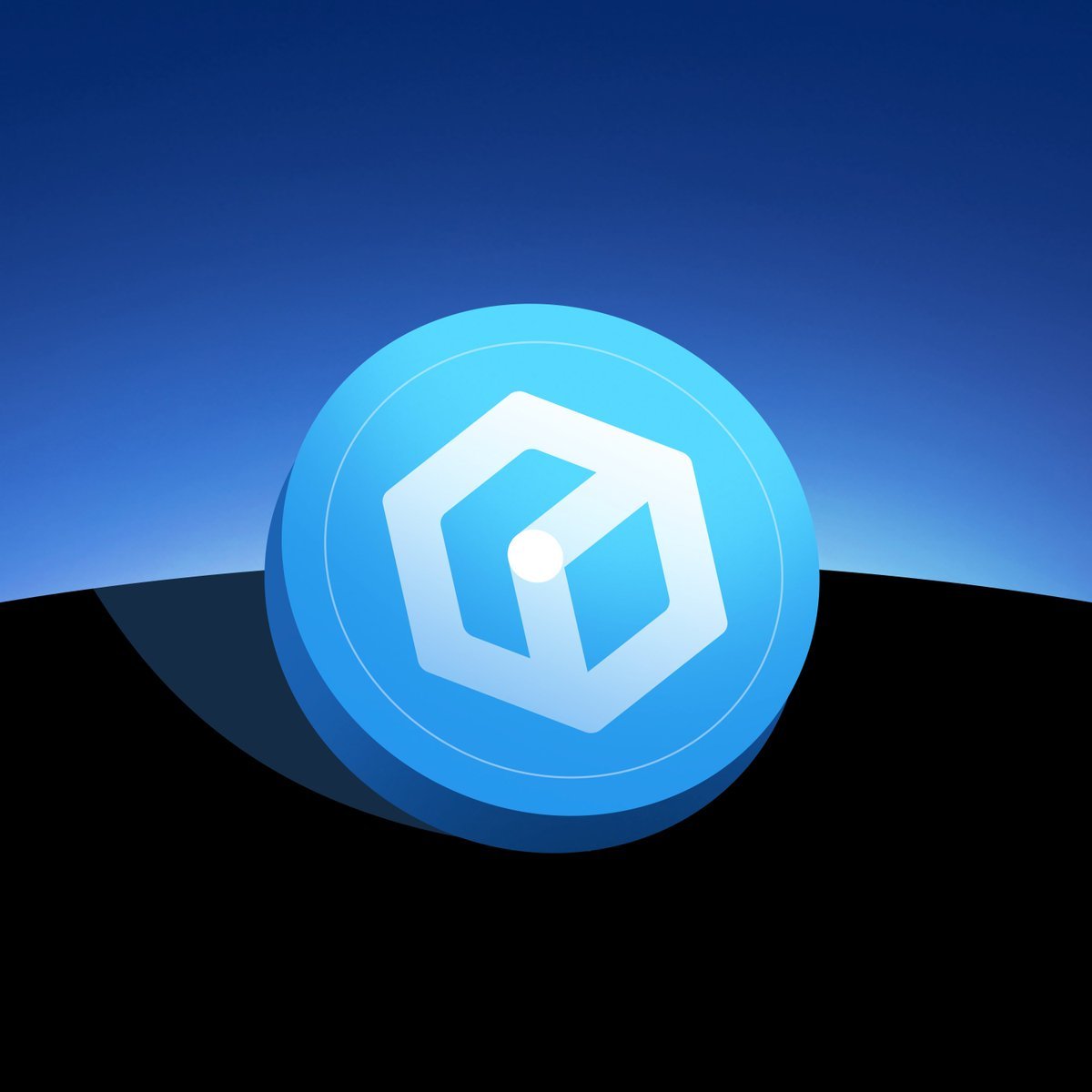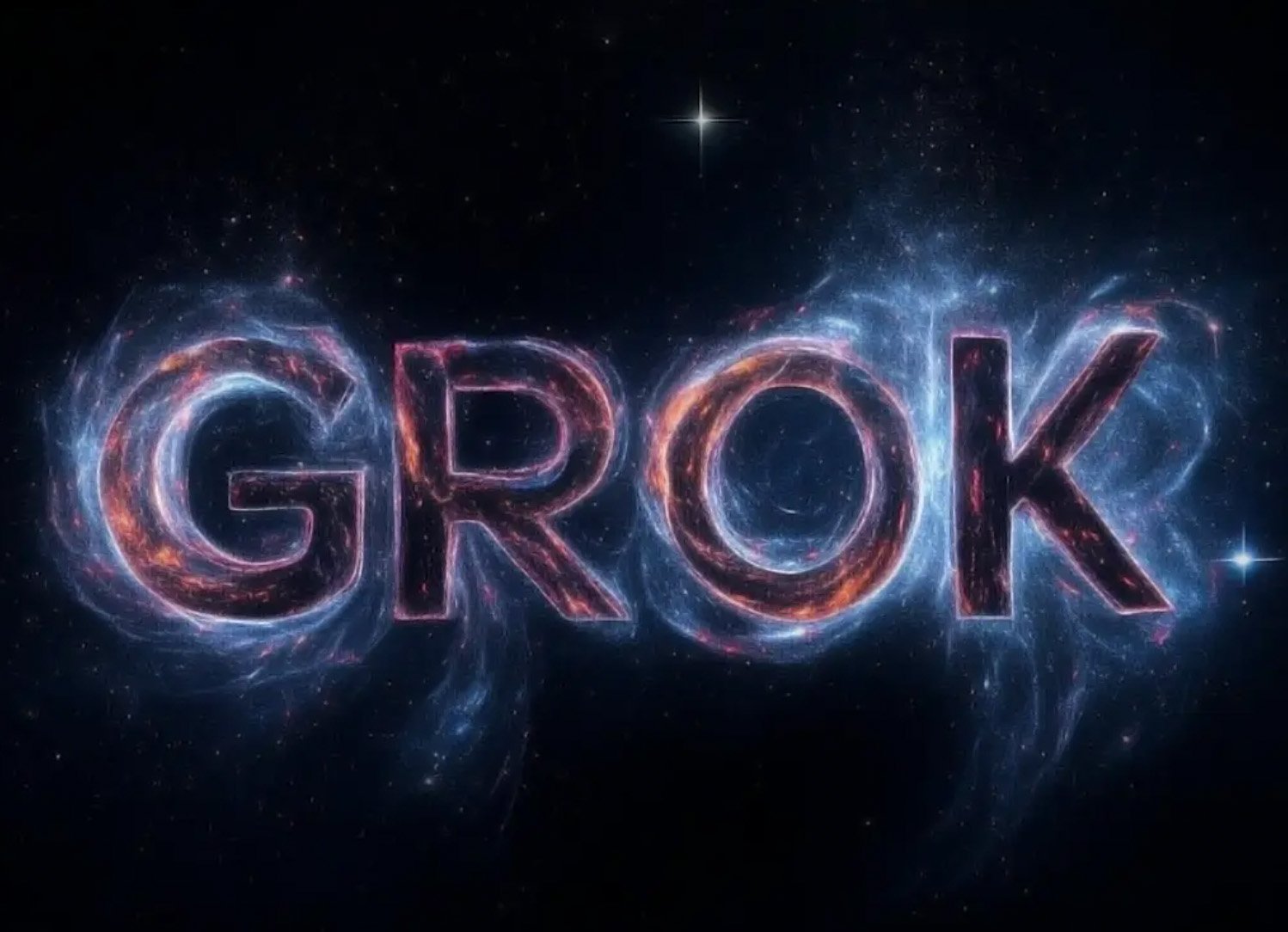ChatGPT Marks Two Years as Academic Tool: Boosting Productivity Amidst Concerns
Image Credit: Solen Feyissa | Splash
Since its public debut on November 30, 2022, ChatGPT has become a staple in the academic community. Over the past two years, researchers have leveraged the AI chatbot to refine their academic writing, conduct literature reviews, and develop code for data analysis. While many applaud its ability to enhance productivity, others express apprehensions about potential plagiarism, the introduction of inaccuracies in scholarly work, and its significant energy consumption.
[Read More: AI Kicks Away Bitcoin? The Power Struggle for Energy Resources]
Wiley Survey Reveals Widespread Adoption Among Researchers
In a recent survey conducted by publishing giant Wiley, involving 1,043 researchers from March and April, the prevalence of generative AI tools like ChatGPT in academia became evident. A striking 81% of respondents reported using ChatGPT either for personal or professional purposes, positioning it as the most favoured AI tool among scholars. Additionally, 75% of the participants believe that acquiring AI-related skills will be crucial for their research roles within the next five years.
[Read More: Will Scientist Be Replaced by AI in the Future?]
The Impact of Large Language Models on Research Practices
James Zou, an AI researcher at Stanford University, highlights the transformative effect of large language models (LLMs) like ChatGPT on research methodologies. The release of these powerful models has significantly shifted how scientists approach various tasks. Developed by OpenAI, based in San Francisco, ChatGPT has become a cornerstone in this evolution, fundamentally altering the research landscape.
[Read More: Can AI Surpass Humans? Recent Research Says No!]
ChatGPT Usage Statistics: A Snapshot of Academic Integration
60,000 Scholarly Papers (2023): An estimated minimum of 60,000 academic papers were assisted by LLMs in their writing. This figure represents just over 1% of all articles in the Dimensions database, indicating a growing yet still modest integration.
10% Abstracts in Biomedical Sciences (Early 2024): In the first half of 2024, approximately 10% of research abstracts within the biomedical community were crafted with AI assistance. Notably, a separate study found this number to be as high as 17.5% in the computer science sector.
6.5–16.9% Peer Reviews in Top AI Conferences: Between 2023 and 2024, an estimated 6.5–16.9% of peer reviews for leading AI conferences were substantially generated by LLMs, underscoring their role in the evaluative processes of scientific discourse.
[Read More: Revolutionizing Biodiversity Research or Just Scratching the Surface?]
Challenges in Detecting AI-Assisted Research
Debora Weber-Wulff, a computer scientist and plagiarism expert at HTW Berlin University of Applied Sciences, cautions that the current figures are likely underestimates. Her research indicates that existing detection tools are increasingly ineffective at identifying AI-assisted authorship, complicating efforts to maintain academic integrity.
[Read More: Bridging the AI Divide in Global Research: A Call to Action]
Enhancing Productivity and Overcoming Language Barriers
Researchers like Milton Pividori from the University of Colorado School of Medicine attest to the benefits of using ChatGPT for drafting abstracts, grant proposals, and support letters. This allows scientists to dedicate more time to complex and creative aspects of their work. Additionally, Gabe Gomes, a chemist at Carnegie Mellon University, emphasizes ChatGPT’s role in democratizing academic writing, particularly aiding non-native English speakers in producing higher-quality manuscripts.
[Read More: Evo AI Revolutionizes Genomics: Designing Proteins, CRISPR, and Synthetic Genomes]
Advancements in ChatGPT: From GPT-4 to o1
Since its inception, ChatGPT has undergone several upgrades. GPT-4, launched in March 2023, garnered praise for its ability to generate human-like text. The latest iteration, o1, announced in September, promises enhanced capabilities in reasoning and problem-solving across scientific, coding, and mathematical domains. Kyle Kabasares, a data scientist at the Bay Area Environmental Research Institute, demonstrated o1’s prowess by having it recreate complex code in just one hour—a task that previously took him nearly a year.
[Read More: OpenAI's GPT Series from GPT-3.5 to GPT-4o]
Limitations: Literature Reviews and Data Privacy Concerns
Despite its advantages, ChatGPT has limitations. Pividori notes that LLMs are less effective for conducting comprehensive literature reviews, as researchers still need to thoroughly read and understand relevant papers. Furthermore, LLMs are prone to "hallucinations", where they generate fabricated information, such as referencing non-existent figures in a paper.
Privacy remains a significant issue. Scientists fear that inputting unpublished data into AI tools like ChatGPT could inadvertently expose their research to future model training datasets. Weber-Wulff describes these AI systems as "black boxes", with unpredictable outcomes regarding data usage. To mitigate these risks, some researchers prefer using smaller, local models that operate independently of external servers, ensuring data remains private. Additionally, certain ChatGPT subscription plans offer assurances that user data will not be utilized for model training.
[Read More: The Great AI Debate: Is the Hype Justified?]
The Future of AI in Research: Virtual Laboratories and Beyond
Looking ahead, researchers are exploring whether ChatGPT can transcend its role as a virtual assistant to become an active participant in scientific discovery. James Zou is pioneering a virtual laboratory where multiple LLMs collaborate as part of an interdisciplinary team, guided by human oversight. This approach has already yielded promising results, such as designing nanobodies targeting SARS-CoV-2 variants, with human scientists validating and advancing the findings.
Similarly, Gomes and his team are optimistic about ChatGPT’s potential in experimental chemistry. By integrating the AI with robotic apparatus, they have successfully designed and executed several chemical reactions, anticipating that future models will continue to drive scientific innovation.
[Read More: How OpenAI Improves AI with Your Help: A Transparent Look!]
Source: Nature













